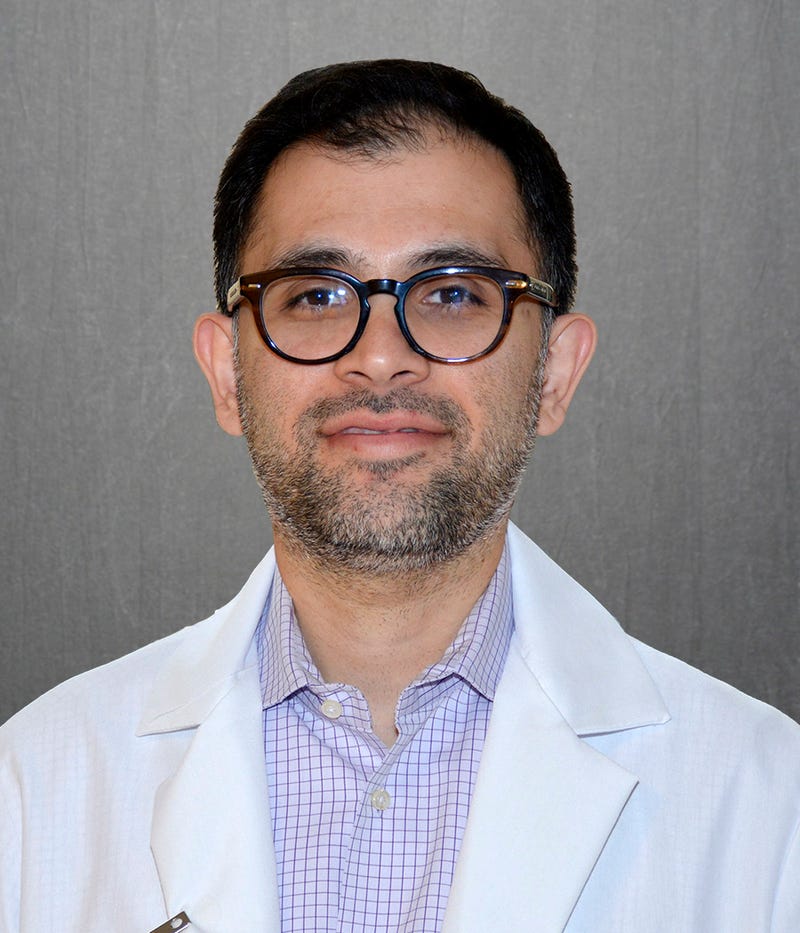
Experts offer a long and varied list of things we can all do to maximize our health, for daily well-being and long-term quality of life. But one of the most important aspects of a healthy lifestyle is prioritizing an activity where we’re never consciously active: sleep.
We often feel run-down after a night of poor sleep because quite literally, we are.
“It’s a restful period, so your body is recovering – your brain, your heart, all your vital organs are recovering when you’re sleeping,” says pulmonologist Zeeshan Khan, DO, comparing the human body to a battery that needs to recharge every night through sleep. “It restores many different body functions.”

To that end, sleep medicine has grown to encompass many fields, from neurology to behavioral health says pulmonologist Zeeshan Khan, DO, and more. That’s because the causes of sleep that’s low in quantity or quality may be caused by conditions in the brain, behaviors that discourage sleep, or breathing problems, among other possibilities.
The American Sleep Disorders Association has identified over 100 specific sleep disorders, each with its own set of symptoms, features and health impacts that go well beyond just daytime fatigue and crankiness. Poor or insufficient sleep is linked to higher blood pressure and heart rates, increased inflammation, and obesity.
In the case of sleep apnea – where air flow is obstructed or interrupted during sleep – the long-term implications include a heightened risk for stroke, arrhythmias, diabetes and even dementia.
It's enough to keep you up at night just worrying about it.
Spending one night in a sleep lab could lead to many more spent in blissful slumber at home. A sleep study records brain waves, heart rate, breathing, oxygen levels and muscle movement and gives doctors a trove of data to understand what’s up when you can’t drift off.
KYW’s Rasa Kaye talks with pulmonologist Dr.
Zeeshan Khan about how sleep specialists are helping each patient develop an ideal sleep strategy.
To schedule an appointment, visit DemandDeborah.org or call 609-831-4456.
This Health Report is sponsored by Deborah Heart and Lung Center.
